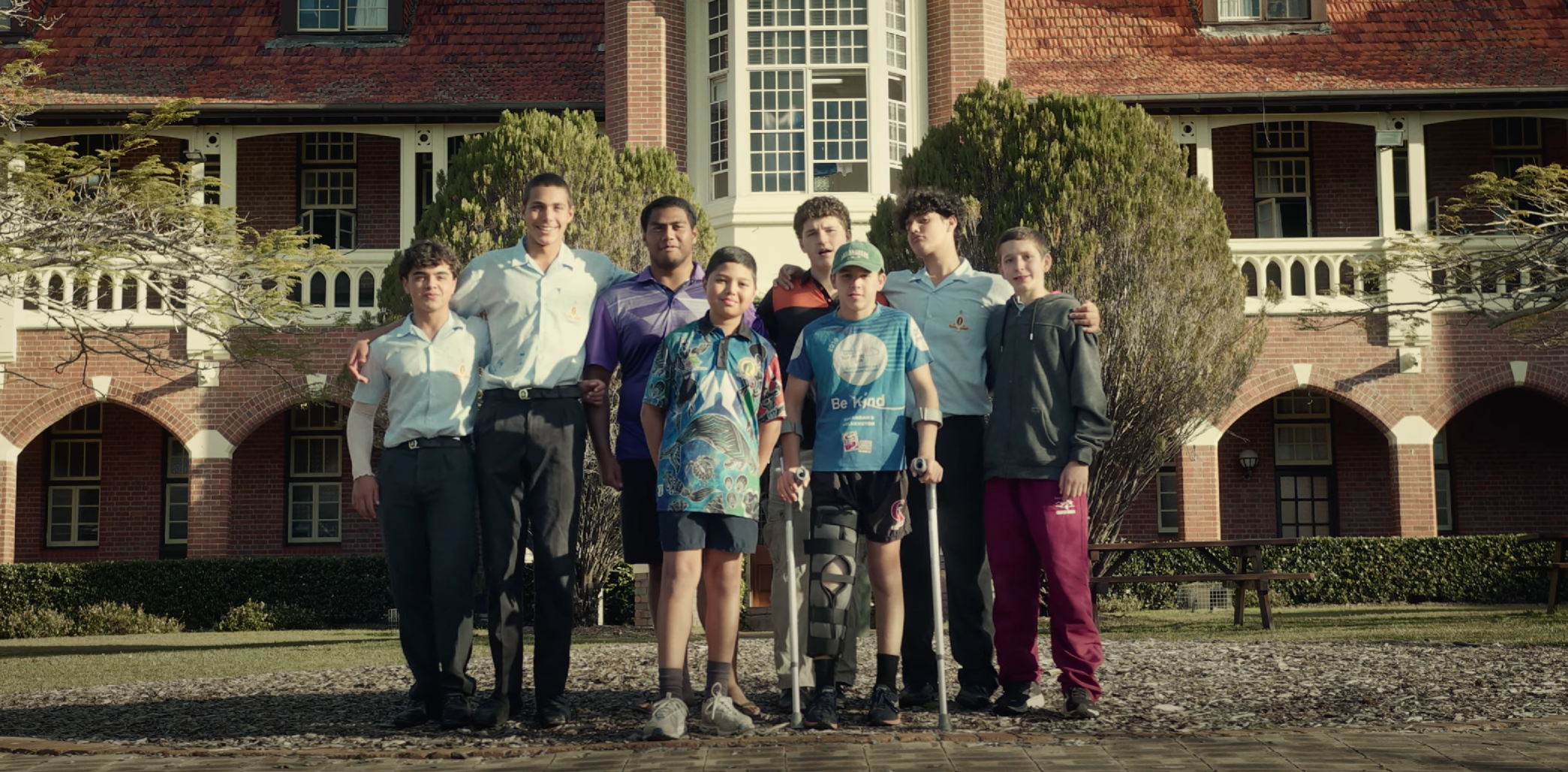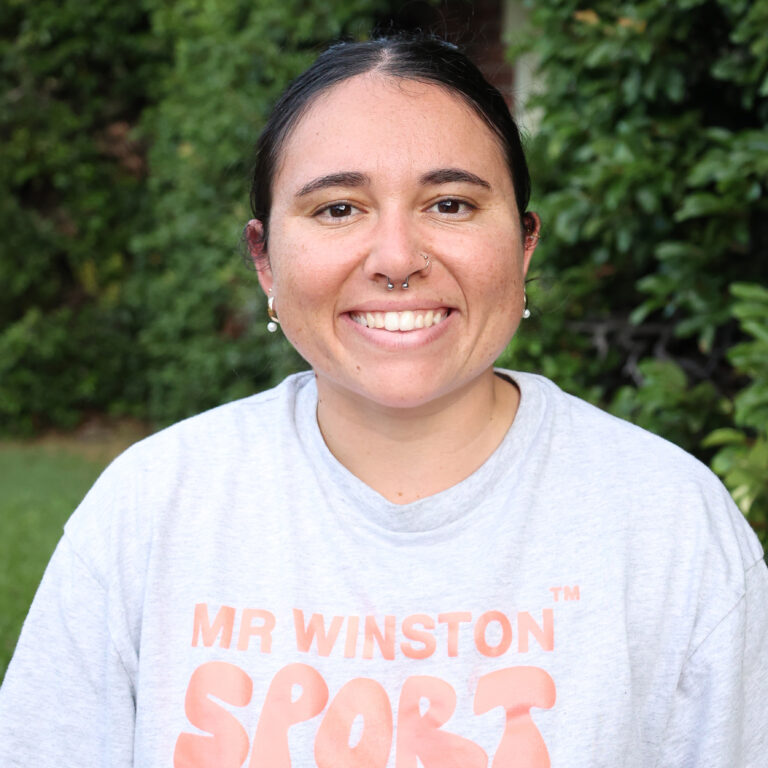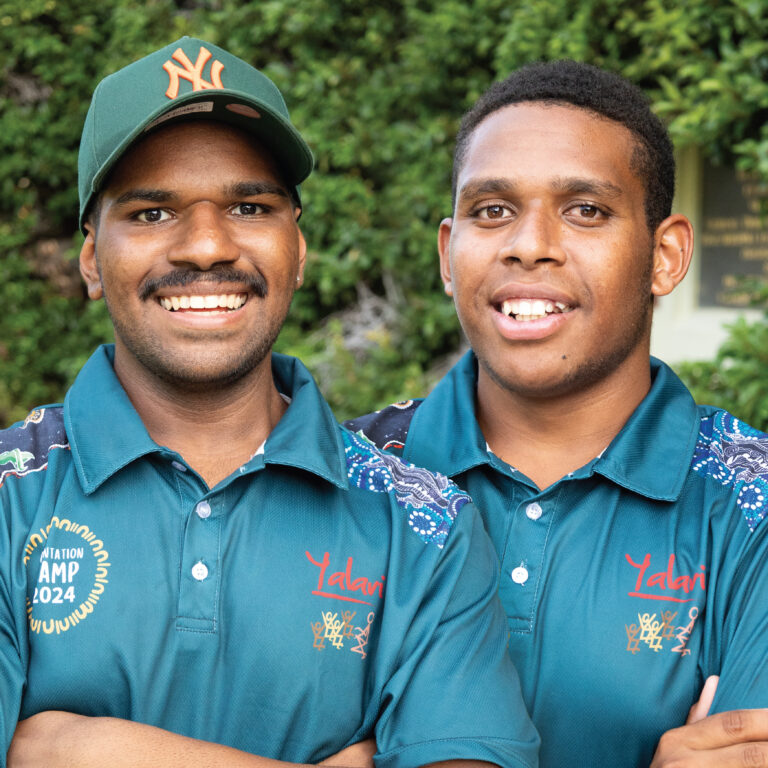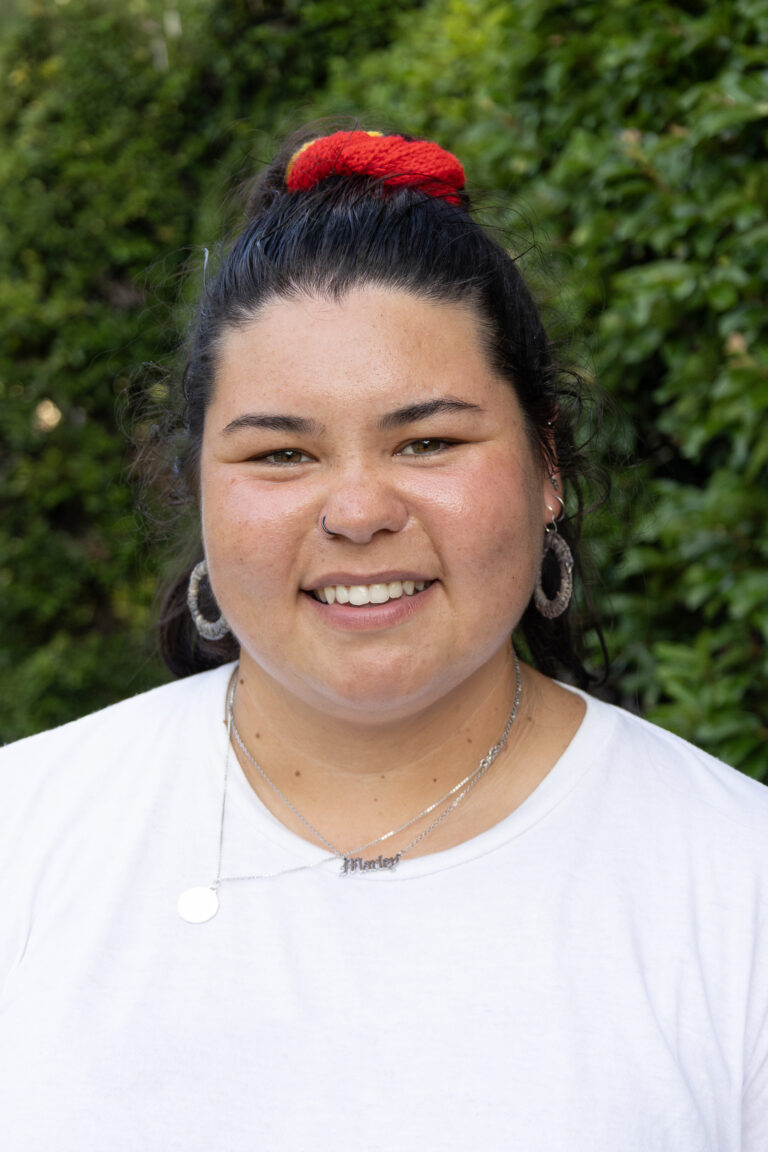Applications Now Open
Educating & Empowering Indigenous children
It takes a whole community to educate a child

Play Video
Impacts
0
Students
0
New students awarded a scholarship in 2023
0
%
Annual retention rate
0
Educated, confident and contributing Alumni
See what we’re up to

‘Pay it forward’ inspires the next generation
Yalari was founded on the philosophy of paying it forward: just as Mrs Rosemary Bishop paved the way for Waverley Stanley to attend Toowoomba Grammar School, Waverley has paid it

From Orientation Camp Buddies to Best Mates
Russell Whap and Mismam Kris grew up less than 50kms away from each other in the Torres Strait. They’re the same age – second cousins (“or maybe third?” they questioned).

Sharing Indigenous truth – one story at a time
In 2008, Yalari welcomed its third cohort of Rosemary Bishop Scholarship recipients: 25 wide-eyed Year 7 students from all over Australia. Among them was Marley Holloway-Clarke from Devonport, Tasmania who
